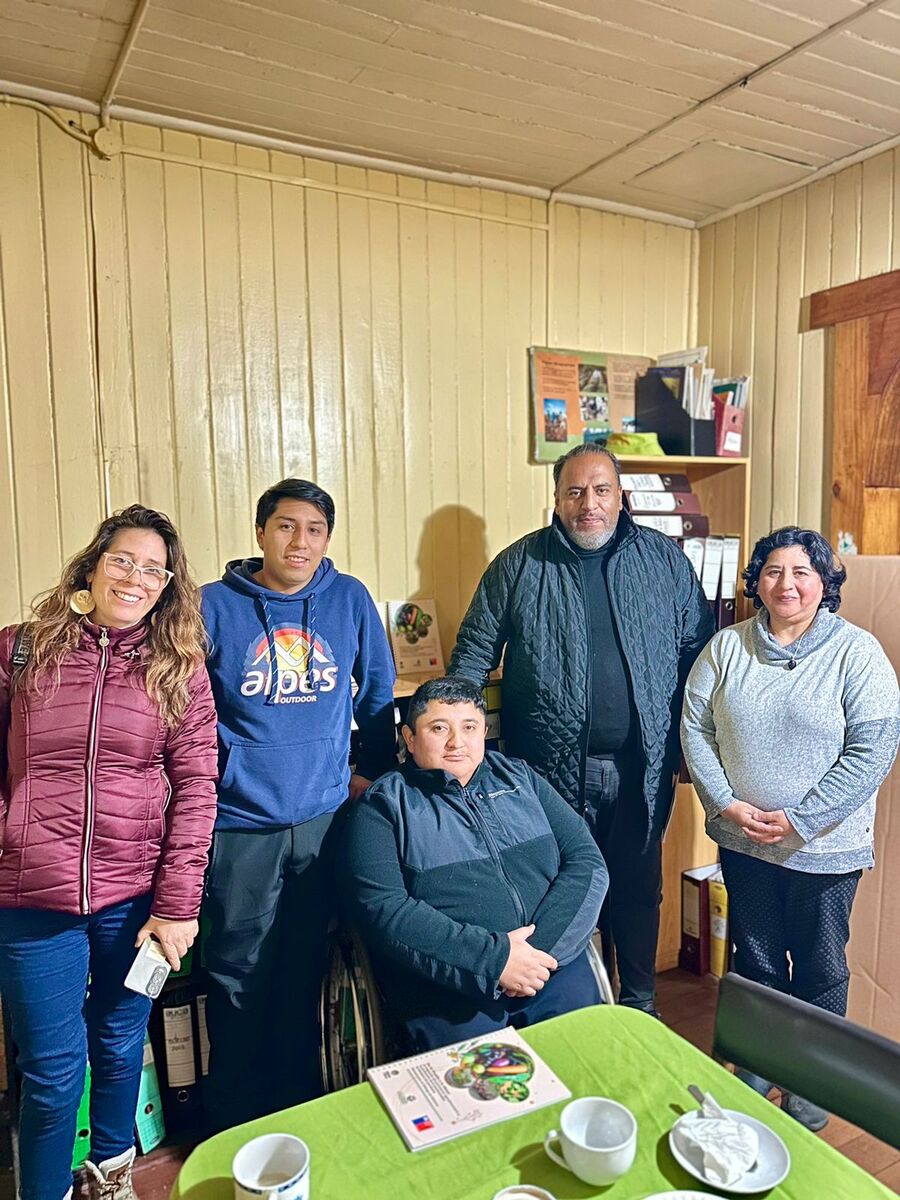The first ILS LEDA mission to Chile took place from the 10th to the 28th June, 2024 and it was led by the institution's Technical Coordinator for the project, Franco Torres, in the framework of the Project TRES: ‘Strengthening civil society organisations for inclusive, sustainable and resilient territorial development in Chile’. This is an initiative co-financed by the European Union, and implemented by ONG Cetsur, ONG Conciencia Sur, Fundación El Árbol e ILSLEDA (Click on the name of the associations to visit their website).
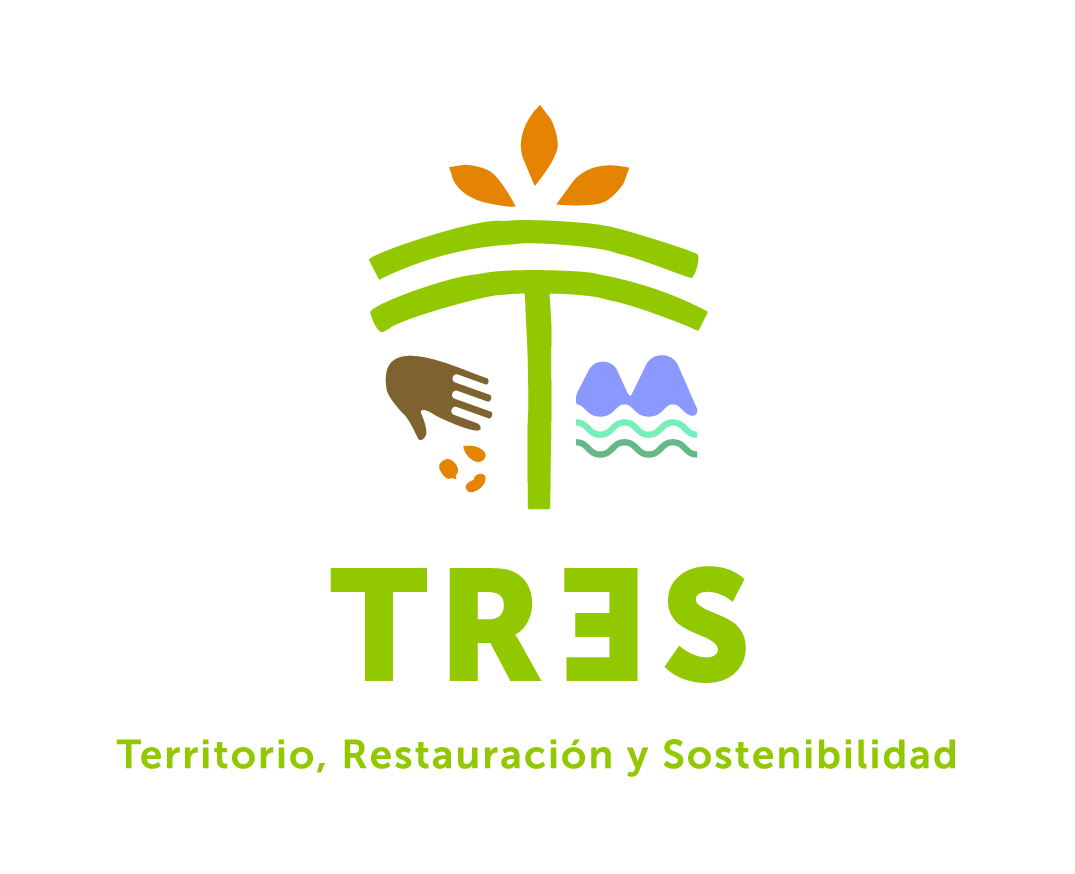
The objective of this mission was to encourage the participation of the main stakeholders of the different target groups in the activities proposed in this initiative, and to identify the 6 key value chains according to the territorial potential.
Despite weather restrictions in the area and governmental indications of no mobility, due to heavy rains that impacted infrastructure in the three regions during the days between 10 and 13 June, the mission managed to visit the target regions of the project: Ñuble, La Araucanía, and Biobío.
Regarding the details of this mission, five key meetings were held in Ñuble to promote the wine-growing and special interest tourism chains.
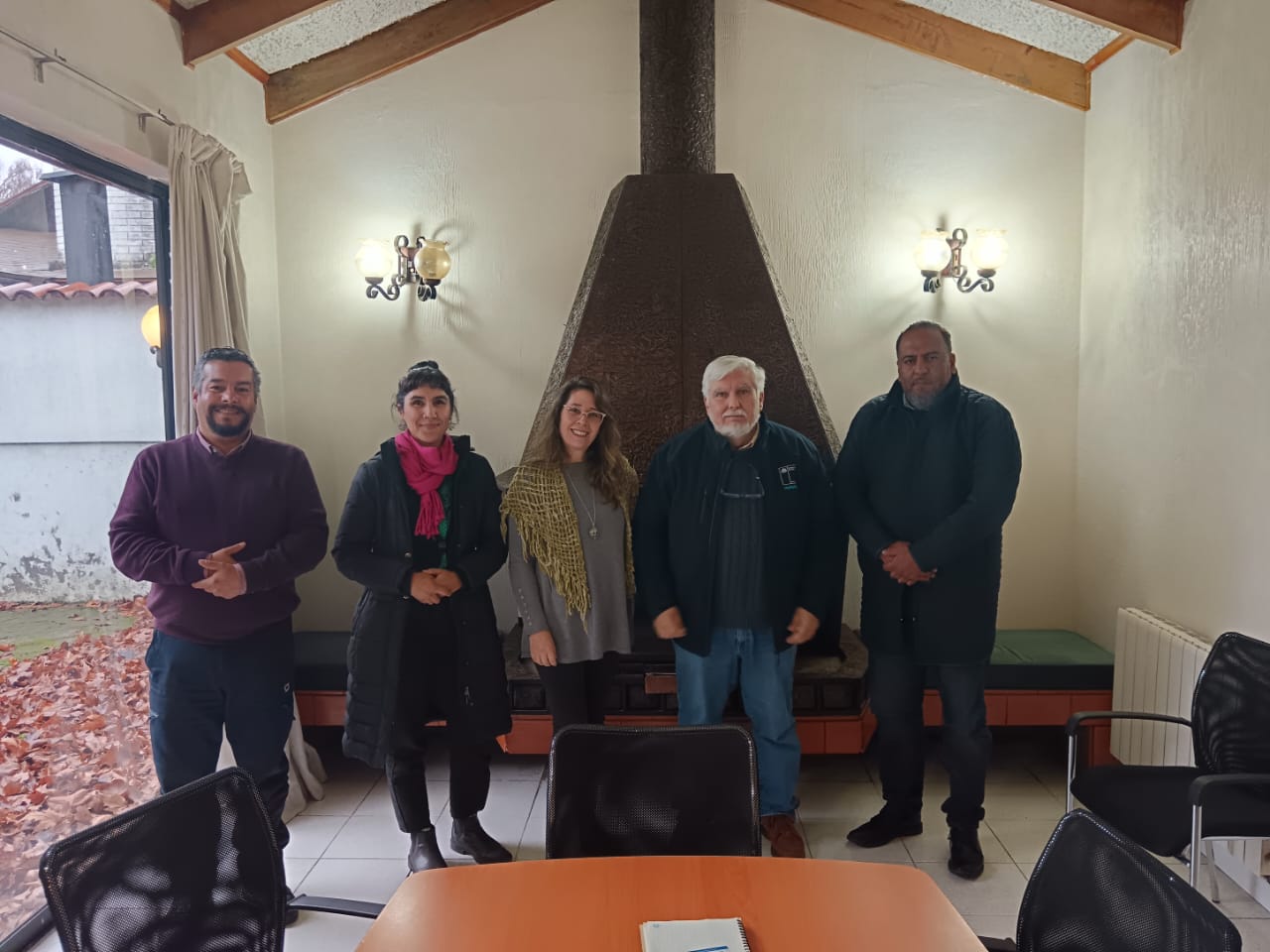
For viticulture, meetings were held with the Regional Ministerial Secretariat of Agriculture, the entity in charge of coordinating and implementing the national public agricultural policy in the territory; the National Institute for Agricultural Development INDAP Ñuble, a decentralised entity that promotes the economic, social and technological development of small agricultural producers and peasants; the Regional Government of Ñuble - Division of Planning and Regional Development, the institution in charge of elaborating and proposing strategies, policies, plans, programmes and projects for the harmonious development of the territory; Harinaos del Sur, a group of entrepreneurs from the south of Ñuble; the Regional Government of Ñuble - Division of Planning and Regional Development, an institution in charge of elaborating and proposing strategies, policies, plans, programmes and projects for the harmonious development of the territory; Harinaos del Sur, a group of agricultural entrepreneurs who promote sustainable grape and wine production.
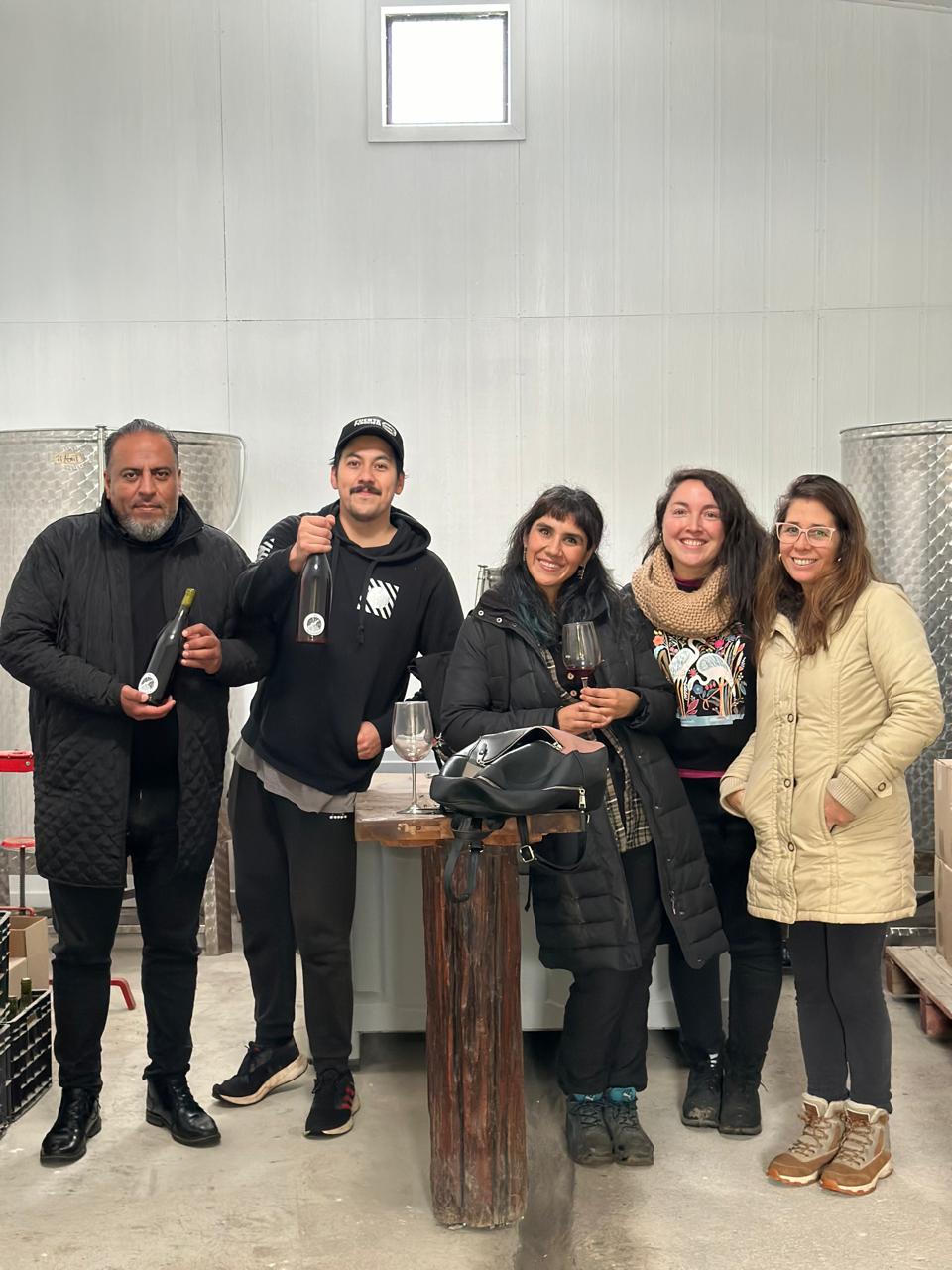
For special interest tourism, meetings were held with the Municipality of San Ignacio and the Ñuble Coordillera Territorial Coordination, which promotes the concept and the network of Special Interest Tourism actors.
In La Araucanía: 5 key meetings were held to promote the Vegetables and Medicinal Herbs chains.
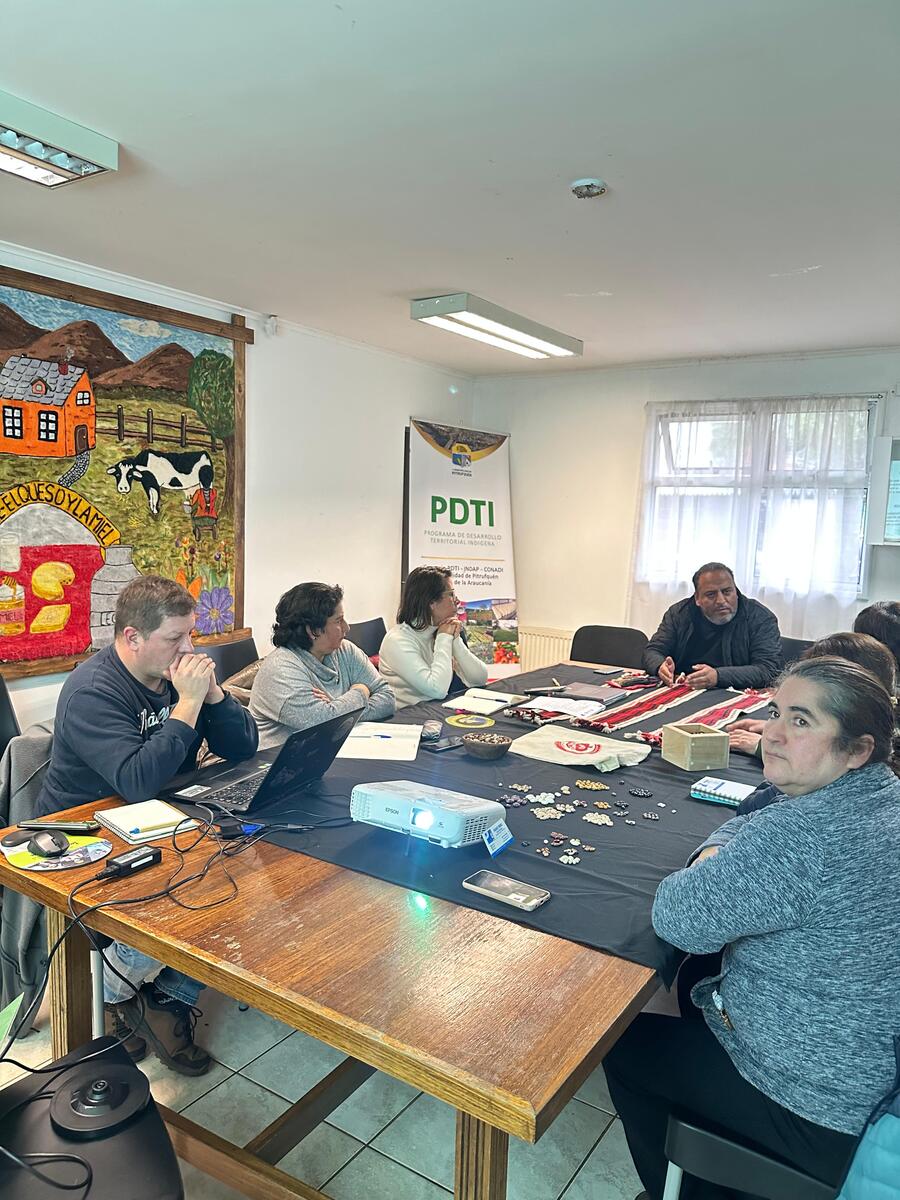
For Vegetables, meetings were held with the Municipality of Pitrufquen - Local Economic Development Unit - UDEL, in charge of promoting Local Economic Development in the territory.
For plants/Medicinal Herbs, meetings were held with the Yikalay Pu Zomo Market and the Toltén Rural Women's Board, which promote various enterprises centred on the use of medicinal herbs, as holistic cultural practices centred on the connection between food, health and nature; the National Institute for Agricultural Development INDAP Araucanía, already mentioned above; the University of La Frontera - Faculties of Agroindustry and Forestry, schools in charge of training, research and social extension in the territory, with a broad relationship with the target groups of the two identified chains; the CETSUR Araucanía Office: in charge of managing and implementing projects in the territory, anchored in the different groups driving local economic development in the region.
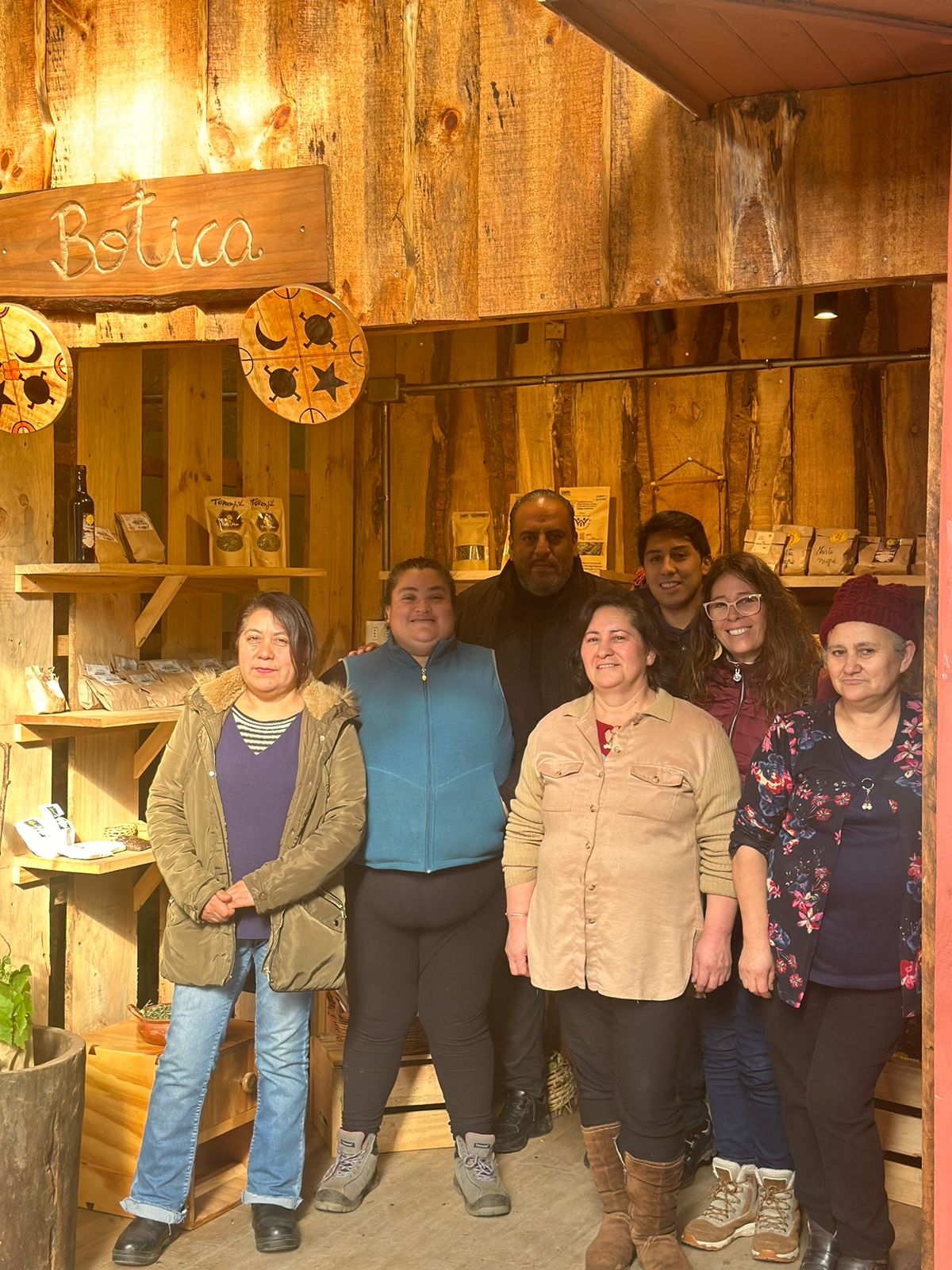
In Biobío, a meeting was held with a group of women dedicated to the production of vegetables, kitchens and agrocultures in the commune of Tomé, where CETSUR's headquarters are located. It should be noted that the El Árbol Foundation has developed an interesting project in the beekeeping chain, with the support of the Regional Government of Biobío, which ends in July of this year.
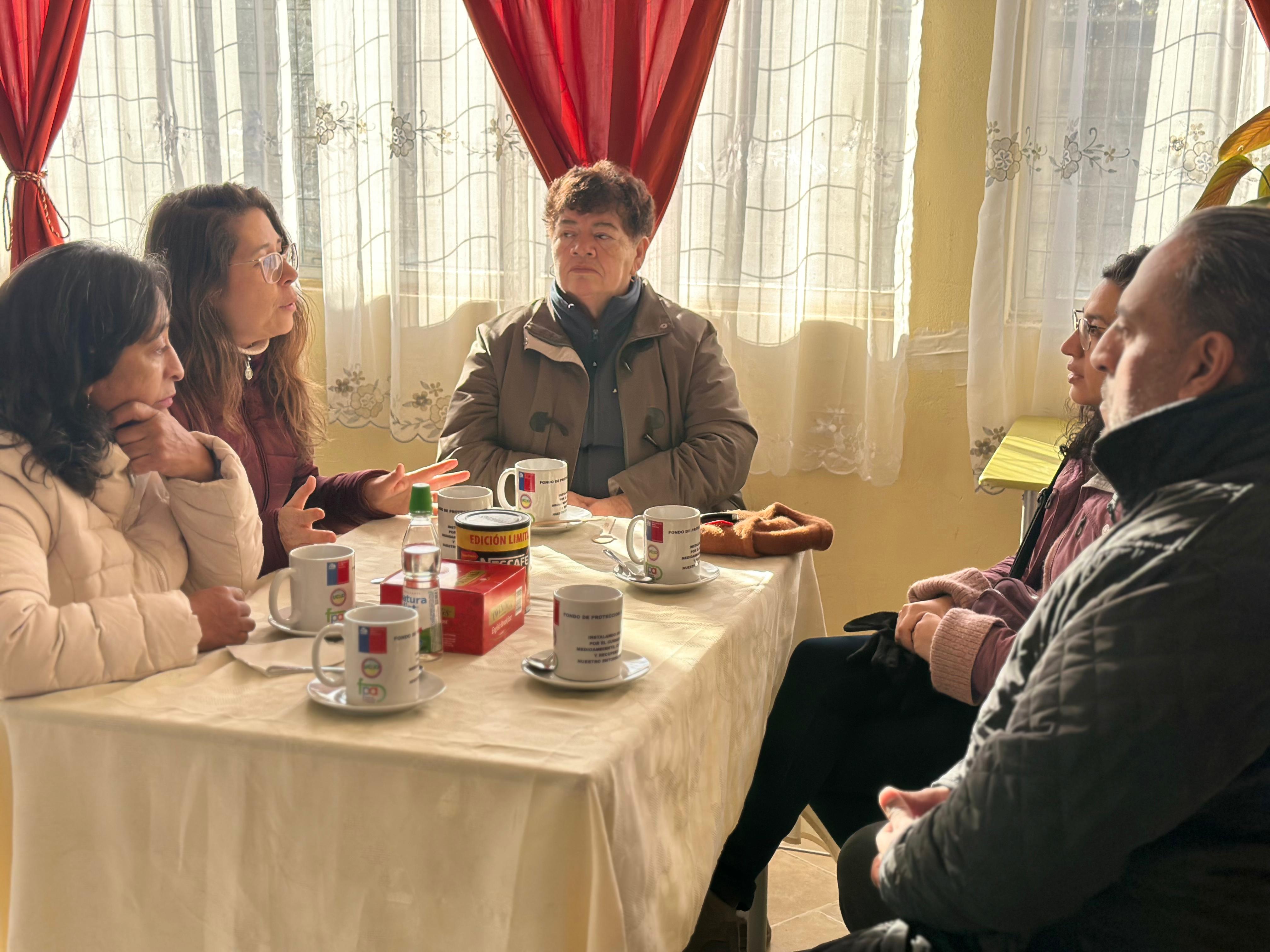
As a result of the meetings, 11 actors have been sensitised and are interested in participating in the project's actions, 5 out of 6 value chains have been identified, and some actors have already been sensitised to participate in the focal groups of the value chains.
The mission ended by analysing and sharing among the project partners the possible future steps, including among these:
- Finalisation of the motivation of actors in the regions of Ñuble and La Araucanía, and definition of the value chains and motivation of the corresponding actors in the region of Biobío, to be carried out in a next mission, possibly in August-September and, perhaps, at successive times.
- Once the six focus groups have been identified, plan an activity with them will be carried out in order to analyse the prioritised value chains and share the development strategies for each of them.
To find out more about the TRES project, visit its social media pages:
